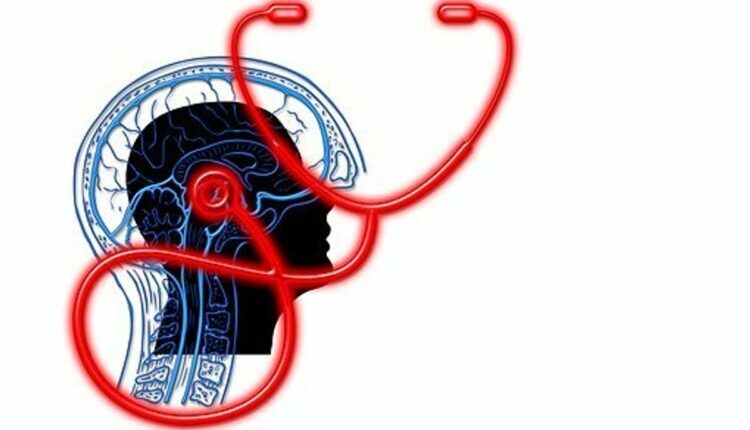Impaired Cognitive Meaning
Cognition is gaining knowledge and understanding by thinking, remembering, judging, reasoning, and problem-solving. It is a core part of our everyday functioning. Cognition disorders are related to many conditions that affect our daily lives. Cognitive disorders affect the process of learning, memory, attention, and reasoning.
Cognitive ability is a person’s ability to carry out core tasks.
Cognitive ability is a general intelligence trait that defines a person’s capacity for thinking, memory, visualization, and interpretation. This skill is important for learning, academic performance, and intellectual development. High cognitive ability is linked with better decision-making and higher levels of innovation. Examples of people with high cognitive abilities include Leonardo da Vinci and Michaelangelo.
Cognitive ability is one of the most heritable aspects of behavior, accounting for at least half of the variation observed in children, adolescents, and early adulthood studies. In addition, studies of later life have demonstrated a higher heritability of general cognitive abilities. These results have been replicated in samples from Norway and the United States.
The cognitive ability test can assess a person’s job performance. It comprises several types of questions that range in difficulty. These include basic math, logic, language comprehension, pattern identification, and multiple solutions to complicated problems. Cognitive ability tests can be helpful for employers who have to evaluate multiple applicants for a single position.
Cognition is the mental process of acquiring knowledge and understanding
Cognition is how we use our senses and intellect to make sense of the world. This process involves many complex mental actions, including thinking, perception, judgment, and reasoning. Cognition also includes the mental processes associated with the acquisition of knowledge.
One of the most basic aspects of cognition is the ability to store information. The brain uses memory to help us do this. We have two types of memory: long-term memory and short-term memory. We can use either one depending on the kind of information we want to remember.
One form of learning involves observing and copying what our superiors do. In this way, we can improve our leadership qualities. This method is known as observational learning. In an organization, an intern will observe and copy what his/her superior does in a given situation.
Cognition is a part of everyday functioning.
Human cognitive functions are the processes by which people make sense of the world. They include memory, attention, problem-solving, language, judgment, and evaluation. These functions can be divided into several subsystems and join with one another to perform the most complicated mental operations. How people use their cognitive functions can be influenced by different techniques.
People use many cognitive processes every day. Some of them are simple, such as remembering names or faces. Others require concentration and attention. Even cooking requires several different cognitive skills. Some of these skills include focusing on multiple pots and pans, attending to guests, and reading recipes. People also use their brains to conduct meetings and run activities. Flying a kite and driving a car to require various cognitive abilities and skills.
Cognition is related to many other disorders.
The impairment of cognitive meaning is a vague meaning symptom of many mental illnesses. It can affect the ability to think, pay attention, and remember. The problem can be temporary or persistent. Treatment for this problem is critical to restoring normal functioning. Understanding how an illness affects the brain and cognitive deficits affect the patient’s daily life is essential to improving the overall quality of life.


